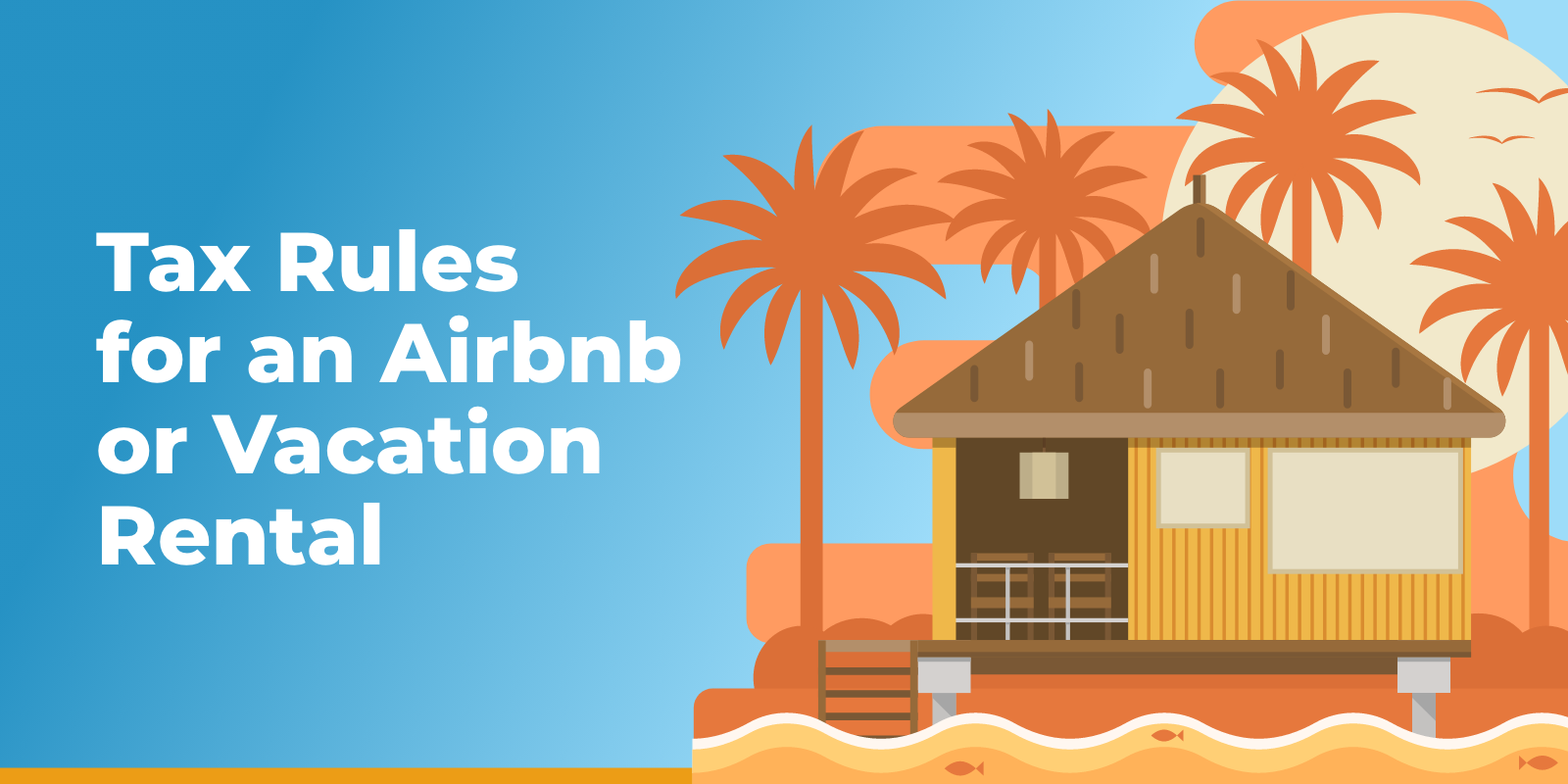
Renting out your property as an Airbnb can be a good way to secure residual income. While Airbnb may send you a tax form at the end of the year. It’s important to understand your tax responsibilities to check for errors and in the event you aren’t issued a form.
Reporting Airbnb or Vacation Rental Income
The IRS requires that all payment processing companies report gross earnings for all users within the US. Companies like this include Venmo, PayPal, Airbnb, Etsy, and others. Airbnb will issue Form 1099-K if you meet certain income thresholds. Non-US citizens will be provided Form W-8. However, you still must report the income if you do not receive this form.
Withholding taxes from Airbnb payouts
You do have the option to withhold taxes from your Airbnb earnings. This is particularly recommended to avoid a large tax bill at the end of the year. You can also use a tax calculator to get an estimate of your earnings to save money for taxes.
Vacation Home, Rental, or Personal Use
You’ll need to determine whether your Airbnb property falls under the category of a vacation home, rental property, or personal use. This depends on several factors. One is how you use the property. Another is how often you rent it out. Finally, your intentions with the property are also considered.
Vacation Home
If you primarily use the property for personal vacations and occasionally rent it out to cover expenses or generate additional income, it might be considered a vacation home. Typically, vacation homes are used by the owner for personal enjoyment and rented out to others on a short-term basis.
Rental Property
What if your primary purpose for owning the property is to generate rental income? If you rent it out consistently throughout the year, it’s likely considered a rental property. In short, rental properties are typically managed as investment properties with the primary goal of generating rental income.
Personal Use
If you use the property exclusively for personal purposes and do not rent it out to others, it would be considered for personal use only. This could also include using the property as a second home for personal vacations. However, there is something called the Augusta Rule, also known as the “14-day rule.” This is a provision that allows homeowners to rent out their primary residence for up to 14 days each year without having to report the rental income on their tax return. The IRS requires you to pay taxes rental income for 15 days or more out of the year.
Tax Relief and Filing Assistance for Airbnb Hosts
As a host, you may qualify for tax relief. Our tax professionals will review your case to determine the best course of action for your compliance. Optima Tax Relief is the nation’s leading tax resolution firm with over a decade of experience helping taxpayers.
Contact Us Today for a No-Obligation Free Consultation